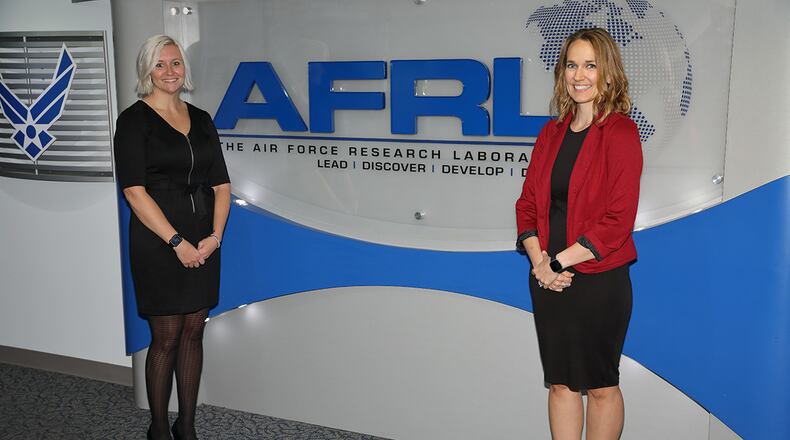Last year, AFRL began using executive headhunters to identify candidates for hard-to-fill, senior leader Air Force positions. The lab also focused on building strategic partnerships between the human resources functions and supervisors through more collaborative processes.
To streamline the hiring process and reduce the administrative burden, we added provisions to “delegate hiring authorities to the lowest level where possible, request pre-employment hiring waivers and provide supervisors with better data from the selection and interview processes,” said Blackhurst.
With current employees, Blackhurst noted that supervisors are engaging in deliberate, continuous dialogues to better understand their expectations and identify how the organization can continue to retain its top performers. He asserts that all of these enhanced processes have received overwhelmingly positive feedback.
“These conversations have greatly improved our ability to find highly qualified individuals through applications as well as recruiting,” said Frank Feldmann, a supervisor in the Airman Systems Directorate, which is part of AFRL’s 711th Human Performance Wing. “With these new processes, we are better able to attract, hire and retain the expertise other employers are also seeking,” he said.
AFRL Commander Brig. Gen. Heather Pringle explained that, “AFRL is committed to continuously identifying and implementing innovative business processes that support an agile workforce and deepen our scientific enterprise.”
Following the Secretary of the Air Force’s release of the 2030 Science & Technology Strategy in late 2017, AFRL launched a Workforce Agility Study to address future needs. Ultimately, a team led by former AFRL Deputy Executive Director Dr. Jessica Salyers and Senior Personnel Advisor Kelly Fent identified best practices from academia, industry and other government agencies for attracting and maintaining a top-notch workforce. Based on these findings, AFRL embarked on an experimental pilot program in March 2019 to test these practices.
“Our goal was to create a more agile enterprise by weaving in industry best practices for human capital, those not typically used in a government setting,” said Salyers. “We strived to highlight AFRL’s ability to be forward leaning in recruiting and developing top talent on par with industry, and lay the framework for future talent management strategies.”
Fent noted that “AFRL continues to work on additional solutions related to flexible work schedules, incentives and authorities.”
She said the team “continues to scan industry and academia for best practices to shake the status quo.”
Pringle said, “We have so much more to do to establish, enable, and empower a strategic approach to our human capital. This is just the beginning.”
For more information about how to join the AFRL team, visit www.afresearchlab.com.
About the Author
